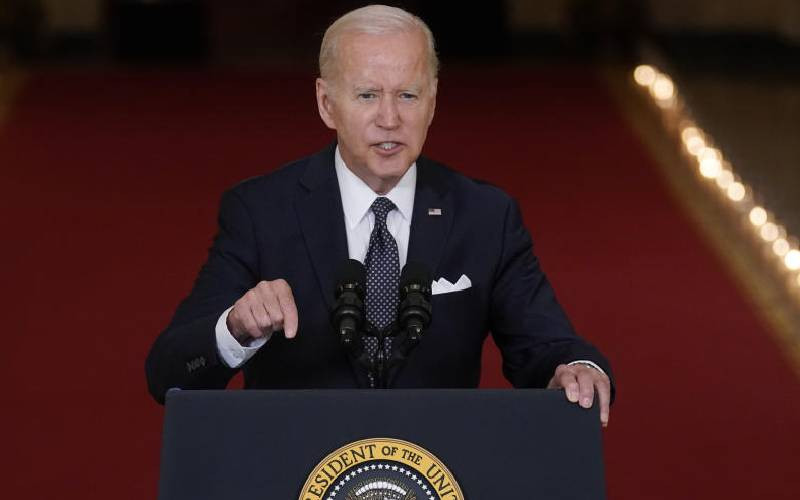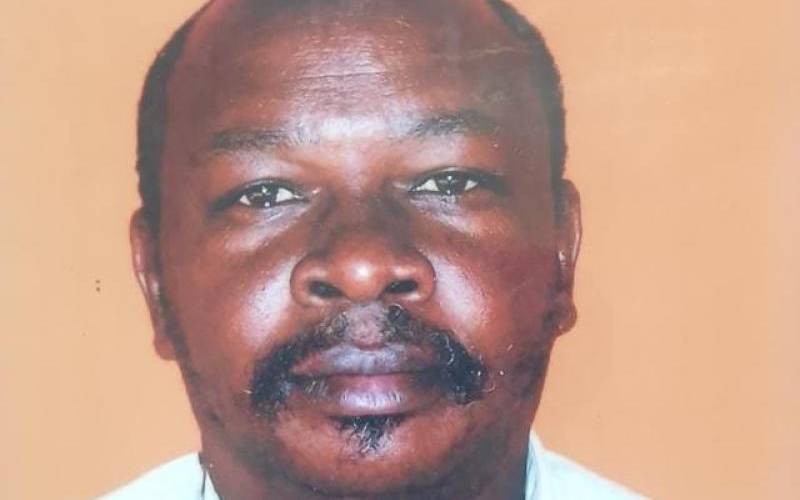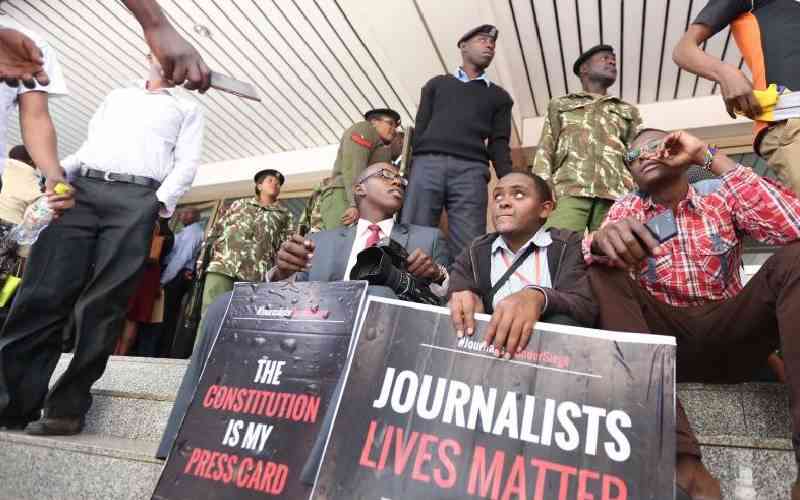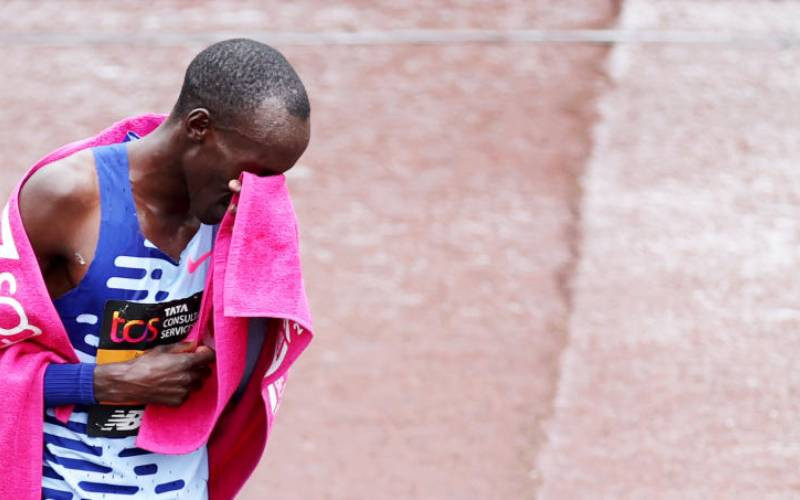Folks in the government seem determined to chip away our constitutional rights. Some of these attempts were sneaked into the security amendments laws, now the subject of a court hearing.
Hopefully, the courts will throw out clauses that undermine the Constitution on citizenship and other basic rights. But even without these amendments, some government institutions are acting in blatant disregard of the law. In its 2015 annual report released this week, the respected Human Rights Watch warned that the government ‘needs to find lawful ways to address the country’s growing security problems’ rather than use ‘tactics that lead to abuse of the basic rights of the people’.
The selective application of the law to muzzle the rights of sections of the population is already worrying. This week, a group of Narok MPs leading protests against alleged mismanagement of county affairs were arrested and hauled before the court. In Nairobi, a group of teachers protesting alleged mismanagement of teachers and insecurity in North Eastern, led by Knut Secretary General Wilson Sossion, have been camping at TSC headquarters. They have not been arrested. Both groups claim to exercise their rights under Article 37 of the Constitution, which states that every person has the right to peacefully demonstrate and to present petitions to public authorities.
For the people of North Eastern, though expressly prohibited by the new Constitution, institutionalised discrimination has become more pronounced, particularly on matters of citizenship rights. Article 27 of the Constitution is categorical that the State shall not discriminate, directly or indirectly, against any person on any ground, including ethnic or social origin or religion, and that we are all equal before the law, and have rights to equal protection and equal benefit before the law. Yet, certain laws that allowed such discrimination are yet to be aligned to the Constitution.
For instance, the National Cohesion and Integration Act 2008 outlaws ethnic discrimination in provision of public services, employment, and access and distribution of public resources among other issues. It defines this term to include treating a person less favourably on account of their ethnicity, and applying conditions or requirements not applicable to others or detrimental to the person because he cannot comply with it. Whilst the Act creates ethnic victimisation and other related offences, it expressly excludes any discriminatory action by the Minister for Immigration, now under Interior Ministry, in relation to immigration and national citizenship matters.
Ethnic discrimination in issuance of identity cards and passports to the Somali community has now reached alarming proportions. In North Eastern, residents cannot readily obtain IDs. Form Four leavers face immense difficulties travelling to Nairobi to pursue further studies, or simply get jobs. With heightened security checks, it has become impossible to move about your business in the region without being harassed by police for lack of IDs.
When ID application forms vetted by the respective county security committees are forwarded to Nairobi, they are subjected to further vetting at the headquarters. That is clearly ethnic victimisation. This will include an invitation for an interview that may take months to secure. For passports issue, the situation is worse. One is even required to provide grandparents’ documentation as proof of citizenship, or risk statelessness. This unlawful process also affects Muslims in general, providing fodder for radicalisation of our youth. North Eastern residents have long endured the tag of foreigners at home. We must be treated equally before the law. The government should stop the cannibalisation of the Constitution and uphold the rights of all Kenyans.
 The Standard Group Plc is a
multi-media organization with investments in media platforms spanning newspaper
print operations, television, radio broadcasting, digital and online services. The
Standard Group is recognized as a leading multi-media house in Kenya with a key
influence in matters of national and international interest.
The Standard Group Plc is a
multi-media organization with investments in media platforms spanning newspaper
print operations, television, radio broadcasting, digital and online services. The
Standard Group is recognized as a leading multi-media house in Kenya with a key
influence in matters of national and international interest.
 The Standard Group Plc is a
multi-media organization with investments in media platforms spanning newspaper
print operations, television, radio broadcasting, digital and online services. The
Standard Group is recognized as a leading multi-media house in Kenya with a key
influence in matters of national and international interest.
The Standard Group Plc is a
multi-media organization with investments in media platforms spanning newspaper
print operations, television, radio broadcasting, digital and online services. The
Standard Group is recognized as a leading multi-media house in Kenya with a key
influence in matters of national and international interest.








